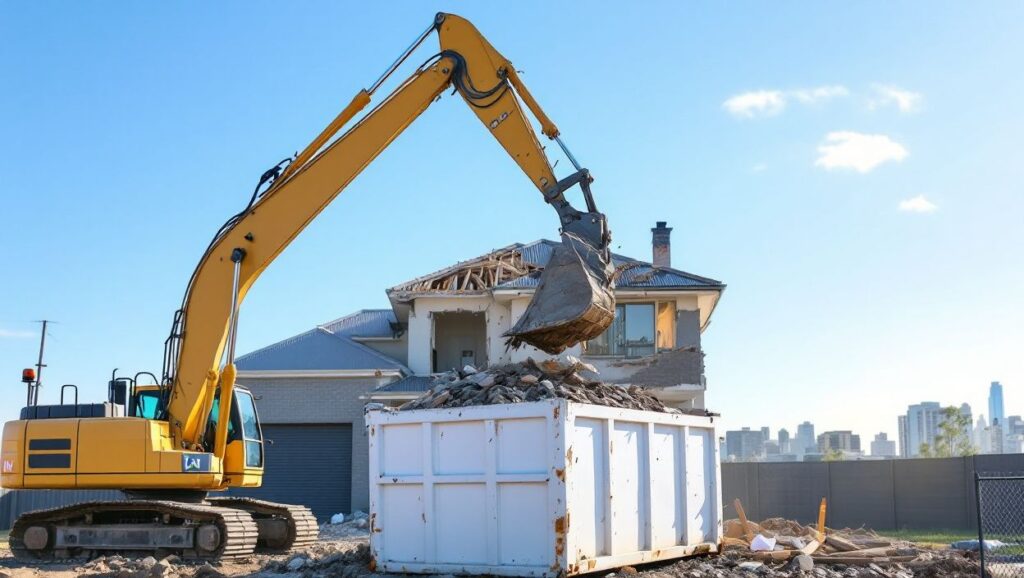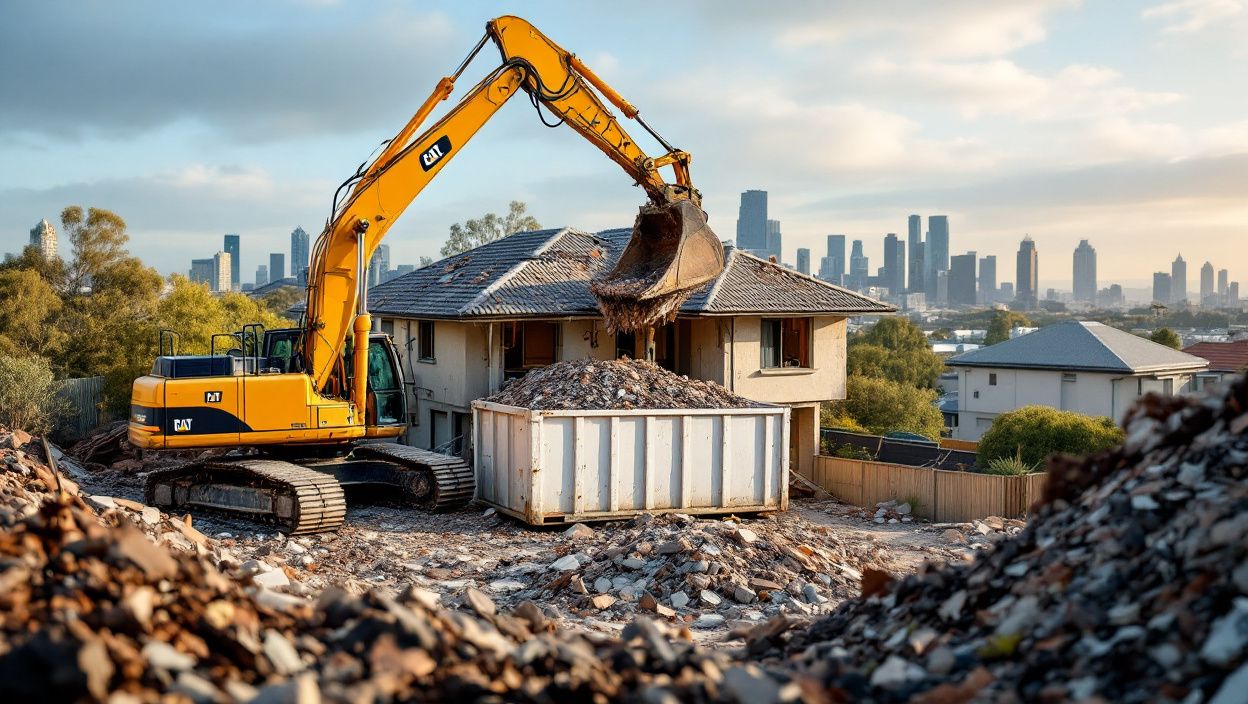Demolition is a vital aspect of urban development, allowing for new structures to replace outdated ones. However, it is imperative to address the ecological impacts of demolition, specifically in the context of residential demolition and house demolition. This article explores the environmental concerns related to the demolition of houses and presents methods for reducing waste and pollution during demolition.

The Environmental Impact of Demolition
1. Waste Production
Demolition, particularly house demolition, produces a significant amount of waste. Materials such as concrete, wood, metals, and plastics can contribute to overwhelming landfills. Residential demolition alone is responsible for a large portion of construction-related waste.
2. Air and Water Pollution
The demolition process can release harmful dust and pollutants into the air and nearby water bodies. These pollutants can affect both human health and the broader ecosystem.
3. Energy Consumption
Energy consumption during demolition can be substantial, leading to increased greenhouse gas emissions. This adds to the already alarming levels of global warming.
We are experienced Demolition Company based in Melbourne, Victoria that offer top-tier demolition services all around Melbourne and across Victoria, Australia.
For all your Demolition needs contact us to GET FREE QUOTE NOW!
Methods for Reducing Waste and Pollution during Demolition
Reducing waste and pollution during demolition is not just a necessity but an ethical responsibility. Here are some strategies to consider:
1. Recycling Materials
The demolition of a house often leaves behind materials that can be reused or recycled. Metals, concrete, and wood can be processed and integrated into new construction projects.
2. Proper Disposal of Hazardous Materials
Residential demolition must include proper disposal of hazardous materials like asbestos, lead, or other chemicals. Specialized handling ensures these materials do not contaminate the environment.
3. Utilizing Deconstruction Instead of Demolition
Deconstruction, where structures are carefully taken apart to salvage as many materials as possible, can minimize waste. It emphasizes reuse and recycling, providing a greener alternative to traditional demolition techniques.
4. Compliance with Environmental Regulations
Adhering to environmental laws and guidelines ensures that demolition processes align with sustainability goals. This includes obtaining necessary permits and following best practices in waste management.
5. Implementing Eco-friendly Demolition Techniques
New techniques and technologies can make the demolition process more eco-friendly. These methods aim to minimize energy consumption and reduce the release of pollutants.
Conclusion
The demolition of houses is an inevitable part of urban development, but it doesn’t have to come at the expense of our environment. By focusing on reducing waste and pollution during demolition, we can pave the way for a more sustainable future.
Emphasizing recycling, proper disposal, deconstruction, and compliance with environmental regulations can significantly mitigate the ecological impact of residential demolition.
With growing awareness and adoption of these practices, we can transform the traditional demolition process into one that is aligned with our global sustainability goals, preserving our planet for future generations.

